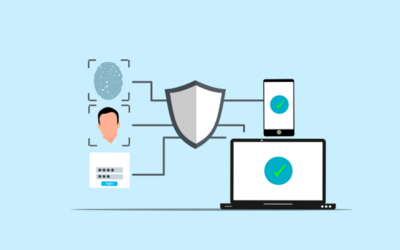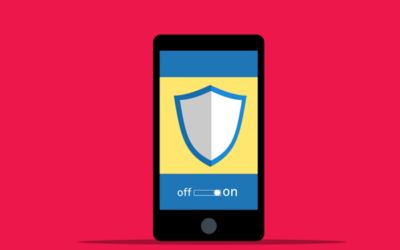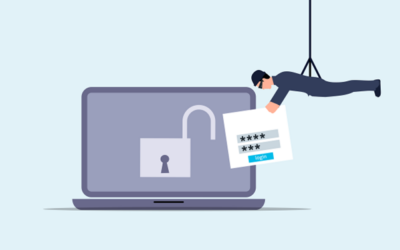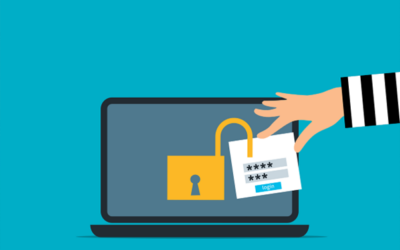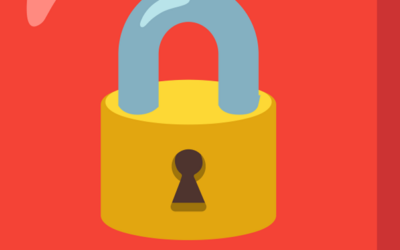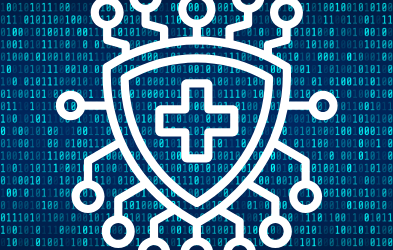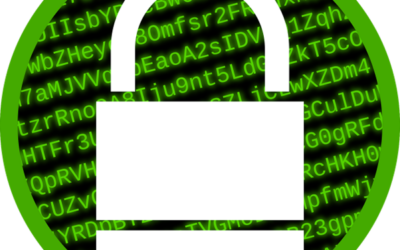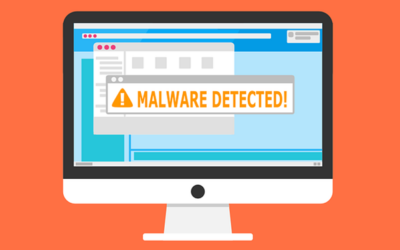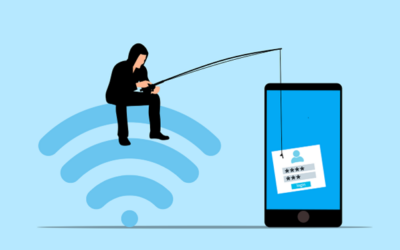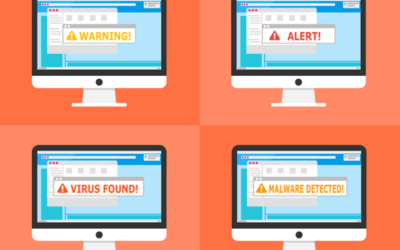 Selling stolen IDs and other personal data is a lucrative trade for hackers. They are always looking for sources where vital information is stored. As a small to midsize business, you keep your client’s personal information, collected from different sources, on your computers and servers. You can complete Point-of-sale (PoS) terminal and some website transactions by using electronic banking, credit cards, or debit cards only. Your customers have to key in their pins or passwords to make payments. That information has to be saved. Also, depending on the kind of services or products you provide, you may be collecting Social Security numbers, addresses, driver’s license numbers, and DOBs of your clients. Personal information is as important as it can get. Any source of that information is like a gold mine for a hacker. All this means only one thing for you: A data security nightmare.
Selling stolen IDs and other personal data is a lucrative trade for hackers. They are always looking for sources where vital information is stored. As a small to midsize business, you keep your client’s personal information, collected from different sources, on your computers and servers. You can complete Point-of-sale (PoS) terminal and some website transactions by using electronic banking, credit cards, or debit cards only. Your customers have to key in their pins or passwords to make payments. That information has to be saved. Also, depending on the kind of services or products you provide, you may be collecting Social Security numbers, addresses, driver’s license numbers, and DOBs of your clients. Personal information is as important as it can get. Any source of that information is like a gold mine for a hacker. All this means only one thing for you: A data security nightmare.
Channels Hackers Can Use to Break Into Your IT Infrastructure
Your website:
Hackers have become very sophisticated in cyberattacks on websites. They can access specific information by targeting websites that have the information they are looking for. For example, if they want only financial information about their victims, they can use tools that will fish for the websites that carry that information. Implementation of web-based applications has made it easier for cybercriminals to connect to your website database. They can find loopholes and hack into systems. They can then access your customer’s personal information, allowing them to steal from your clients by committing credit card and bank fraud. Or they can sell your client’s info on the Internet.
Your computers and servers:
Your computers and servers are treasure troves of information. By sending malware into your systems, they can steal your admin passwords and log in to your servers and other network devices. These hardware devices are the ultimate prize for cyber thieves because they hold important information about your clients and have all the information about your business and possibly about your vendors and associates. There is nothing about your business that these hackers don’t know. Imagine how devastating this attack can be.
Mobile devices used by your employees: If you are one of those entities that allow their employees to use their mobile devices to conduct business, you have another security dimension to worry about. You don’t know how secure their mobile phones, iPads, laptops, or tablets are. You don’t know how hard or easy their passwords are to crack. Breach of security into those devices will lead hackers right into your networks, where they can steal data at will.
Unsecure Wi-Fi network:
Most businesses keep their Wi-Fi networks well protected, but unsecured Wi-Fi is an open invitation to cybercriminals. If your Wi-Fi network is not secure, hackers are one step closer to breaking into your systems without even trying.
Your PoS systems:
PoS systems are the prime targets for hackers who want to commit financial fraud. Cyber thieves know that they can hack PoS systems that come with preloaded software and use an unsecured Wi-Fi network. This fraud directly impacts an individual’s finances because a hacker can make unauthorized credit card charges quickly and move on before anyone realizes what happened. Ruined credit can take years to mend.
Your emails:
Email is another venue that hackers use to infect computers with malicious software. They send viruses that replicate themselves in the host computers, performing various tasks such as denial of service to the users of your systems, spamming your contacts, and accessing data without authorization.
Summary
After reading this article, you probably feel like you are in cyber warfare with hackers, and your IT infrastructure is the battlefield. You are right. Hackers are relentless, and they are devising new methods all the time to steal from businesses. But this is one fight you can’t let them win. Protecting client data is not just a moral obligation. You are legally bound by the privacy laws to protect this information by all means. Unfortunately, a breach in data security can ruin your reputation, and the financial liability to meet legal obligations may become too much to sustain.
So how do you fight this war in which you have to make certain that there is only one winner? First, outsource your IT managed services to Wahaya IT, which will monitor your networks 24/7 from a remote location. Your in-house IT management team may be able to fix problems, but proactive solutions must be in place if there is data loss resulting from a breach. Managed services can create solid data backup & recovery plans that will have your systems up and running quickly, so you can reduce downtime and protect your revenue.
Contact us to learn more about our managed service provider and cybersecurity services.

